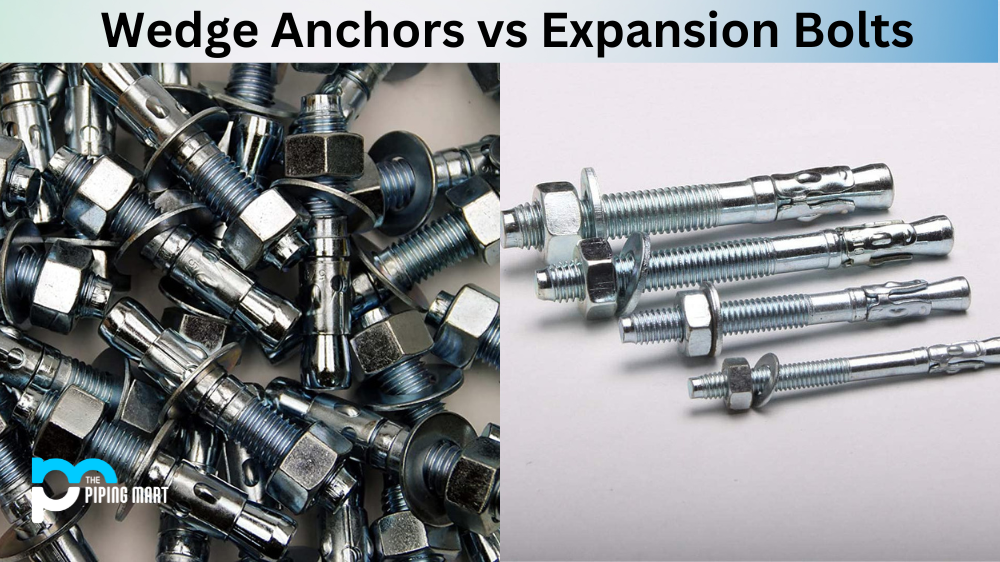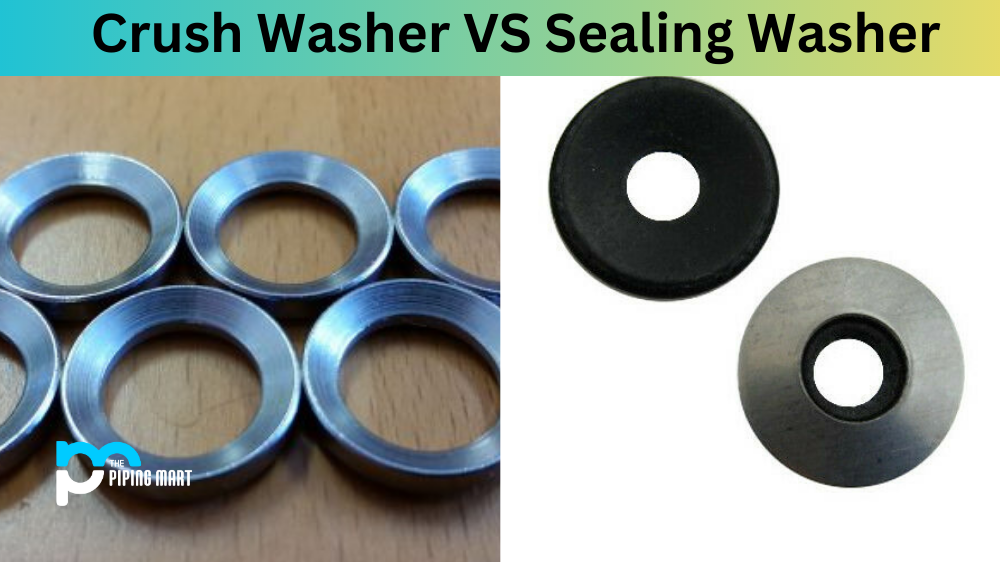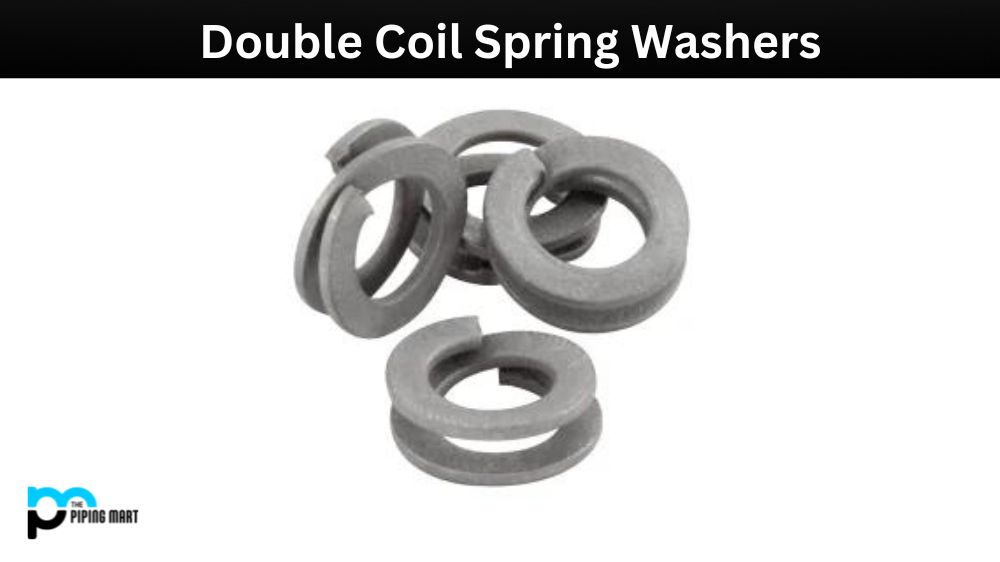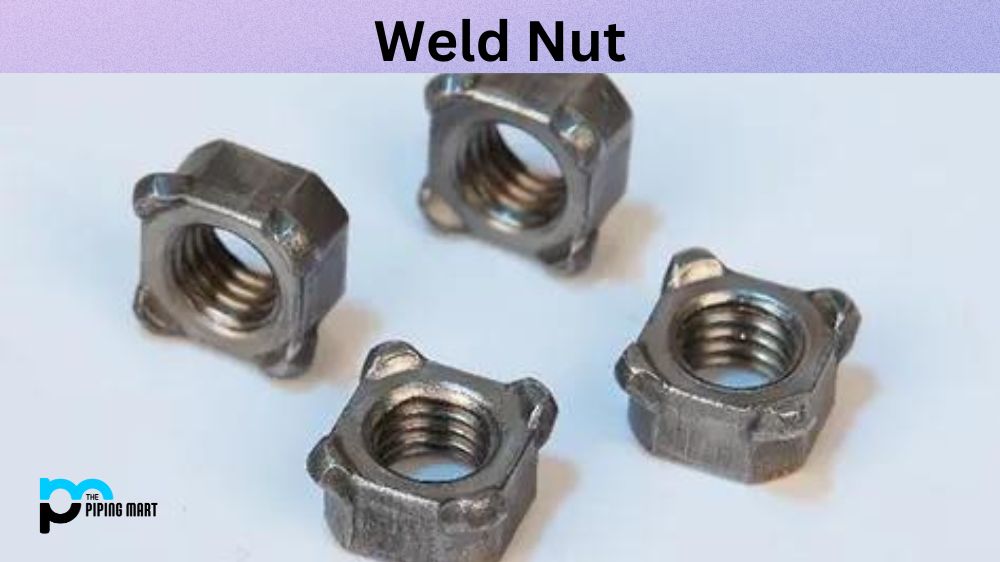When it comes to anchoring heavy objects, there are a few different options available. Two of the most popular choices are wedge anchors and expansion bolts. Both anchor types offer reliable strength and stability, but they each have their own unique features and benefits. Let’s take a closer look at these two anchor types so you can make an informed decision regarding which one is best for your project.
Wedge Anchor
Wedge anchors are named such because their design consists of an expanding wedge that is inserted into a pre-drilled hole in the concrete. The wedge anchor is then driven into the drilled hole with a hammer or impact driver. Wedge anchors typically come with a threaded end, allowing you to attach screws, nuts, and other fasteners for added stability. They are often used for medium- to heavy-duty projects such as mounting large equipment or suspending overhead structures like ceiling grids or beams.
The advantages of wedge anchors include their high load capacity as well as their versatility; many different sizes and styles are available depending on your specific application needs. Furthermore, they are easy to install—all you need is a drill bit and a hammer or impact driver—so they can be used in situations where time is of the essence. Lastly, wedge anchors provide an incredibly strong hold due to the way they expand within the pre-drilled hole in the concrete when installed properly.
Expansion Bolt
Expansion bolts offer another great anchoring option for heavier applications where extra security is desired (such as suspending structural elements). Expansion bolts work by expanding outward when tightened against the sides of the pre-drilled hole; this creates extra friction between the bolt and concrete substrate for increased holding power. Because of this extra grip, expansion bolts are especially well suited for use in permanent installations as opposed to temporary ones where frequent assembly/disassembly may be necessary. Additionally, expansion bolts tend to be more resistant than wedge anchors when exposed to shock loads or vibrations—another reason why they are often preferred for more demanding applications like securing structural elements in seismic zones or areas with high wind loads (e.g., rooftops).
Difference Between Wedge Anchor and Expansion Bolt
- Wedge anchors are made of metal, and expansion bolts are made of plastic.
- Wedge anchors are inserted into a drilled hole, and expansion bolts are inserted into a pre-drilled hole.
- Wedge anchors expand as they are tightened, while expansion bolts do not expand.
- Wedge anchors can be used in concrete, block, and brick, while expansion bolts can only be used in concrete.
- Wedge anchors are more expensive than expansion bolts.
- Wedge anchors are stronger than expansion bolts and can hold more weight.
Conclusion:
To sum up, both wedge anchors and expansion bolts can provide reliable strength and stability when used properly in anchoring applications. However, there are some key differences between them that should be taken into consideration when making your selection (i.e., ease of installation, resistance to shock loads/vibrations, etc.). Ultimately though, it will depend on your specific application needs as to which type of anchor will suit your project best, so do your research before making any final decisions!

Pipingmart is a B2B portal that specializes in metal, industrial and piping items. Additionally, we share the latest information and information about materials, products and various types of grades to assist businesses that are involved in this business.




